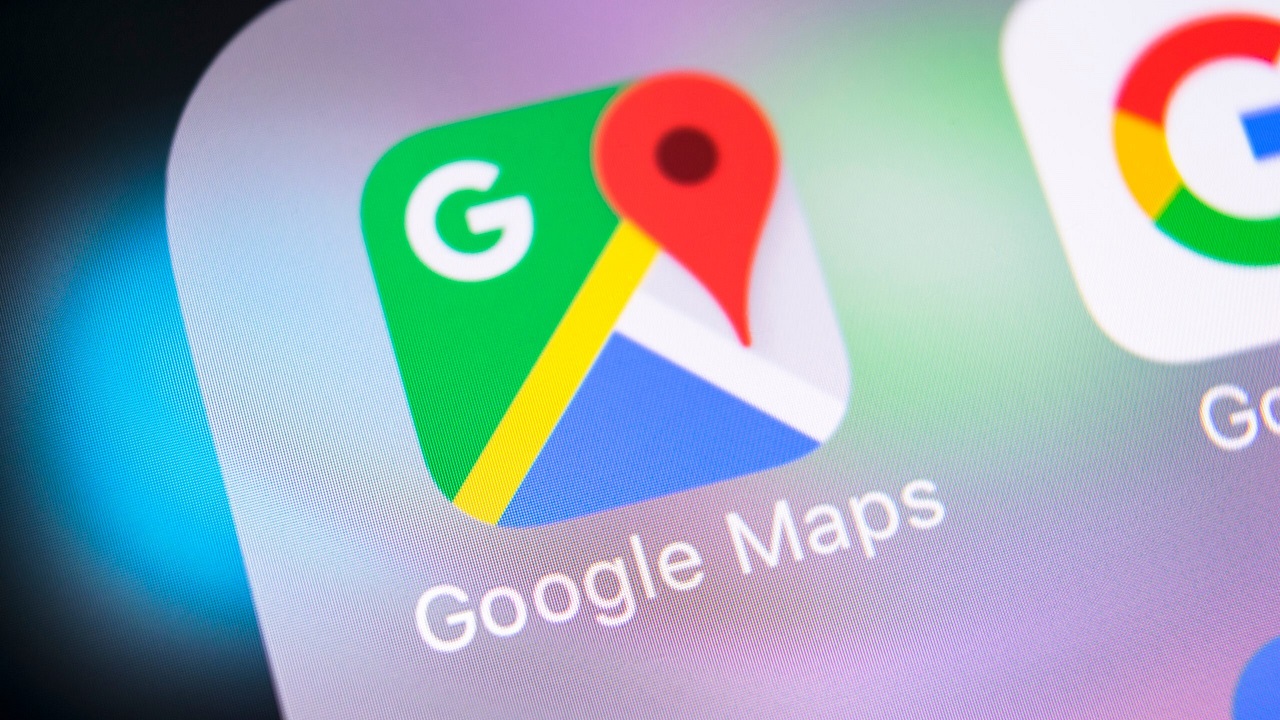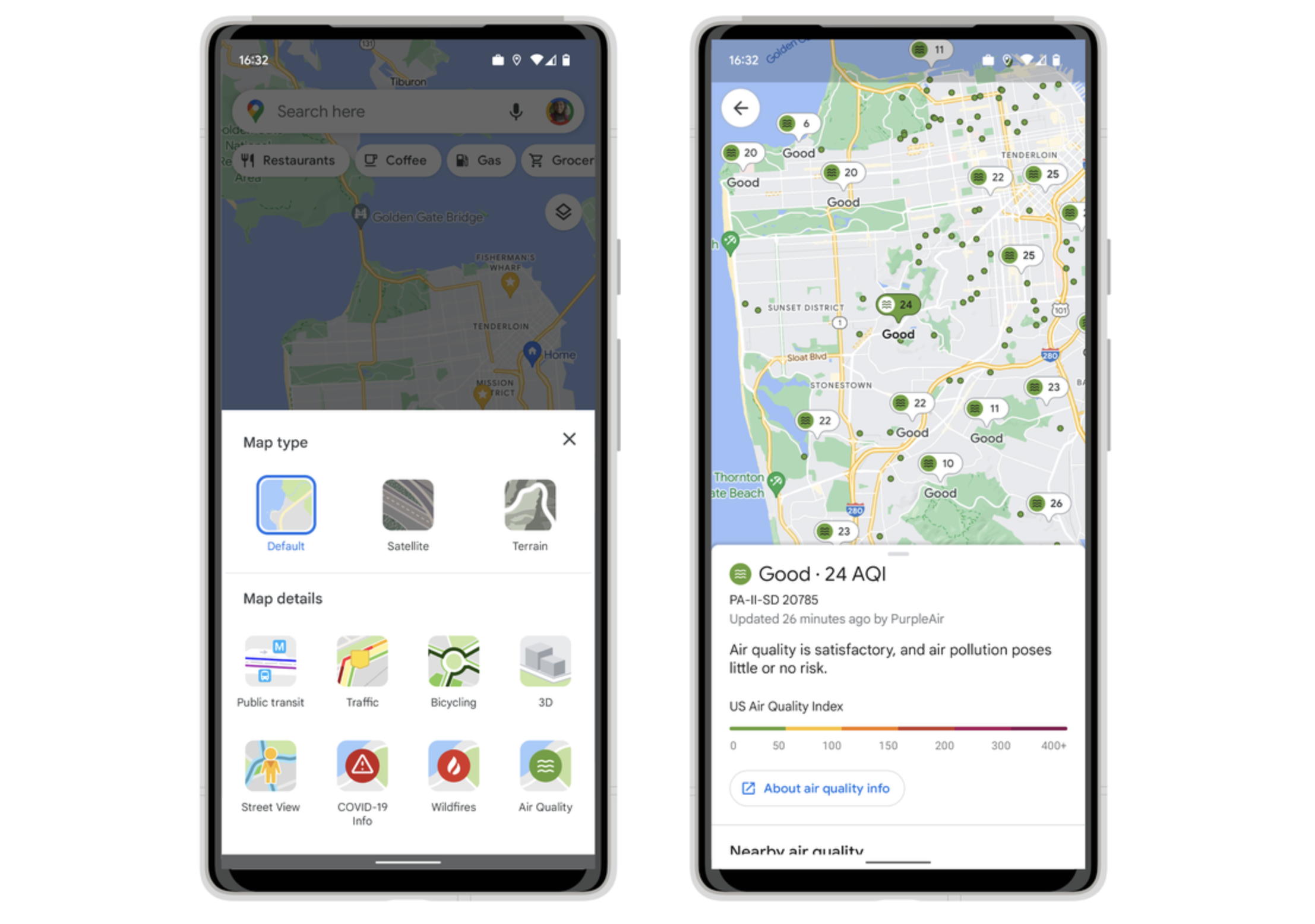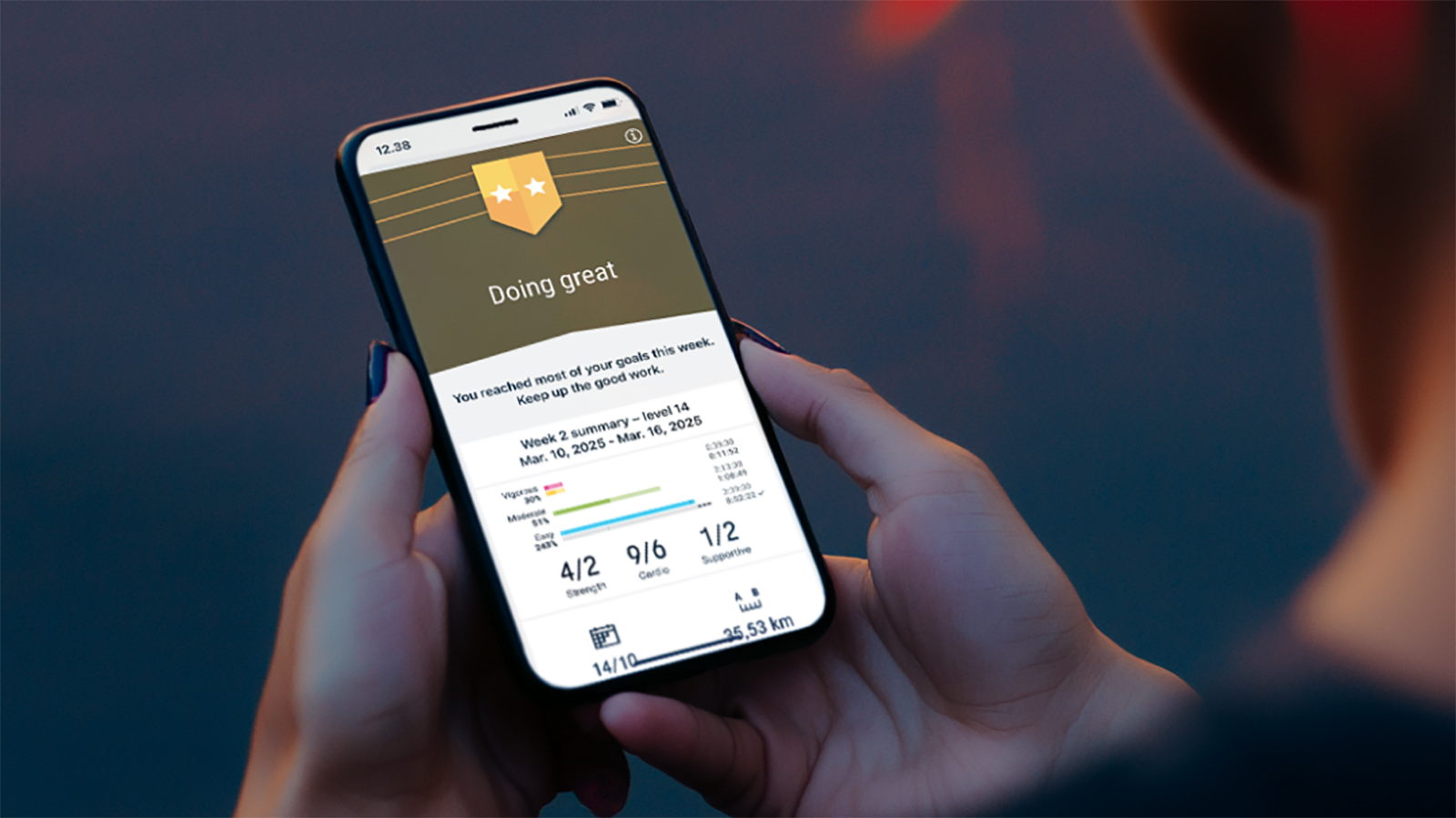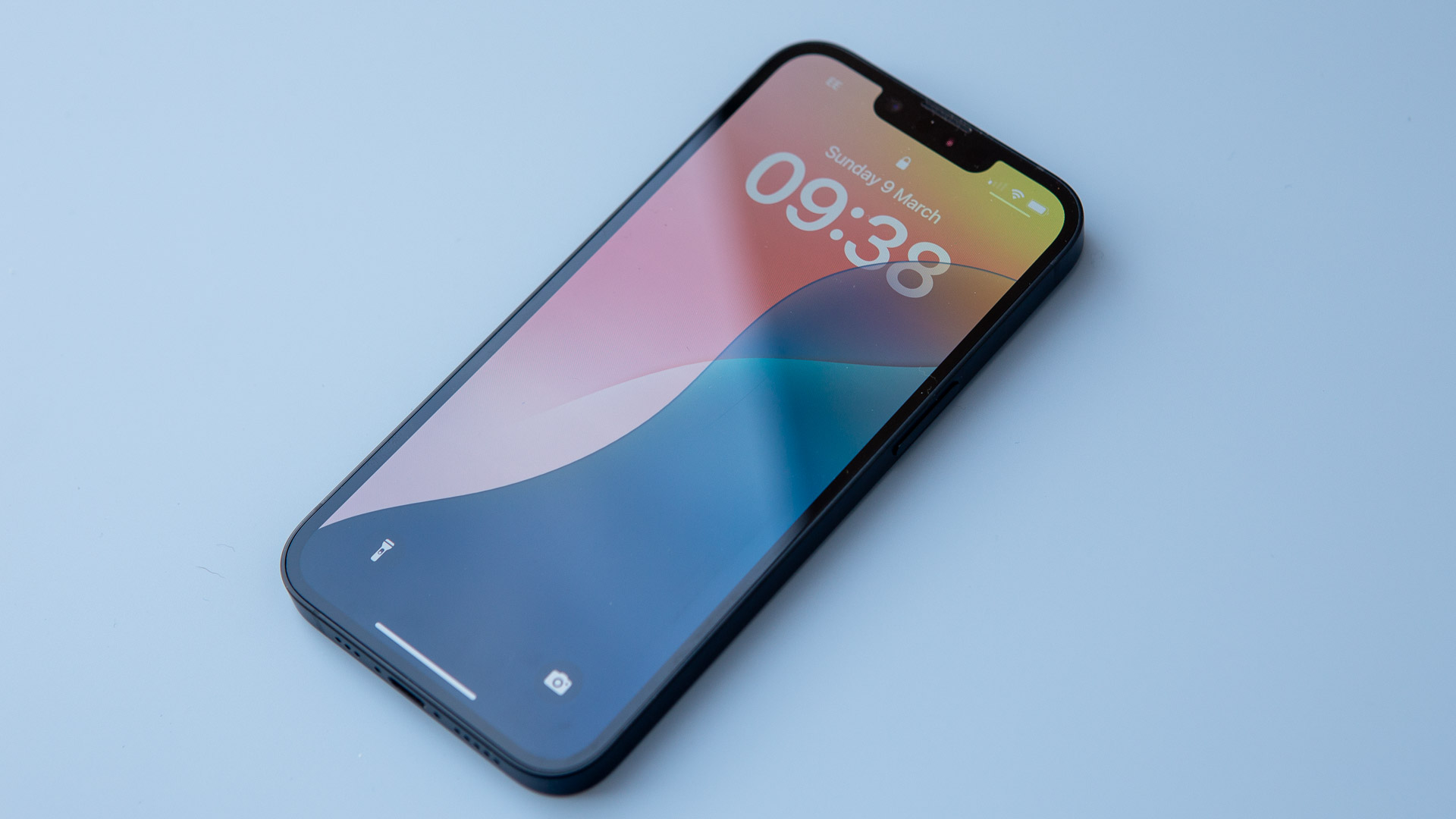

Google has announced a pretty nifty update for Google Maps, rolling out to iPhone and Android right now, to help you find some clean, nice air.
The update, announced on the official Google blog, comes at a crucial time in the US, as air temperatures soar. Around 30 million people in the Southwest are bracing for extreme heatwaves right now.
Google Maps will display the Air Quality Index (AQI), a guide to how good or not the air somewhere is, as well as advice on which exercise would make sense under those conditions.
The data itself comes from trust government agencies, such as the Environmental Protection Agency, as well as the PurpleAir sensor network.
Air quality will appear as a layer in Google Maps, so simply tap the icon in the bottom-right corner and add the layer, as you would with traffic details or Covid-19 hotspots.

Preparing for wildfires
Google isn't stopping there, though.
Hot weather in the US means one thing: wildfires. To help people avoid the fires, and stay safe in far-off locations that might be affected by travelling smoke, Google is adding a wildfire layer to Maps, located in the same place as the air quality layer.
Sign up to the T3 newsletter for smarter living straight to your inbox
Get all the latest news, reviews, deals and buying guides on gorgeous tech, home and active products from the T3 experts
"We collaborate closely with partners in the weather and air quality space to surface helpful and authoritative information when you need it most," the company says. "As you head out on hikes, camping trips and other outdoor adventures, we hope these tools help you feel safe and informed so you can enjoy the summer."
Keeping people safe
These updates might seem small and incremental but millions – if not tens of millions – of people use Google Maps everyday for travel.
Adding easily accessible features like these help people access the information that they need when they need, which is especially important during wildfire season in the US when temperatures soar and things can be unpredictable.
Max Slater-Robins has written for T3 now on and off for over half a decade, with him fitting in serious study at university in between. Max is a tech expert and as such you'll find his words throughout T3.com, appearing in everything from reviews and features, to news and deals. Max is specifically a veteran when it comes round to deal hunting, with him seeing out multiple Black Friday campaigns to date.
-
 3 overrated shoulder exercises, according to a fitness expert (and what to do instead)
3 overrated shoulder exercises, according to a fitness expert (and what to do instead)Sculpt 3D shoulders whilst minimising injury with these three alternative exercises
By Bryony Firth-Bernard Published
-
 Polar’s new subscription feature lands in the shadow of Garmin’s Connect+ rollout
Polar’s new subscription feature lands in the shadow of Garmin’s Connect+ rolloutPR genius or timing disaster? Polar’s new Fitness Programme adds adaptive training to its ecosystem
By Matt Kollat Published
-
 New Google Messages feature will make millions very happy
New Google Messages feature will make millions very happyIt's going to end a serious messaging blight
By Sam Cross Published
-
 In an age of exciting upgrades, Google could downgrade the Pixel 10 instead
In an age of exciting upgrades, Google could downgrade the Pixel 10 insteadThere’s a change coming to the Pixel cameras and it could cause a stir
By Chris Hall Published
-
 Google Pixel 10 Pro Fold renders show an early contender for foldable of the year
Google Pixel 10 Pro Fold renders show an early contender for foldable of the yearEven though it might not be the slimmest, it could be the sexiest
By Britta O'Boyle Published
-
 Your iPhone gets some new tricks - here’s what it can do now
Your iPhone gets some new tricks - here’s what it can do nowThe new emojis and priority notifications are probably our favourite
By Britta O'Boyle Published
-
 iOS 19's new design leaks straight after WWDC 25 announcement
iOS 19's new design leaks straight after WWDC 25 announcementThis could be a significant change
By Sam Cross Published
-
 Google TV set for a shake up that might have you feeling blue
Google TV set for a shake up that might have you feeling blueA redesign is reportedly coming to Google TV, with a new colour scheme and features
By Rik Henderson Published
-
 Android 16 to come with a significant security upgrade for Pixel phones
Android 16 to come with a significant security upgrade for Pixel phonesIt’s going to be easier to unlock your Pixel phone in the future
By Chris Hall Published
-
 Google Pixel 9a delayed, but for good reason
Google Pixel 9a delayed, but for good reasonGoogle’s latest affordable phone has been announced, but you can’t actually buy it yet
By Chris Hall Published